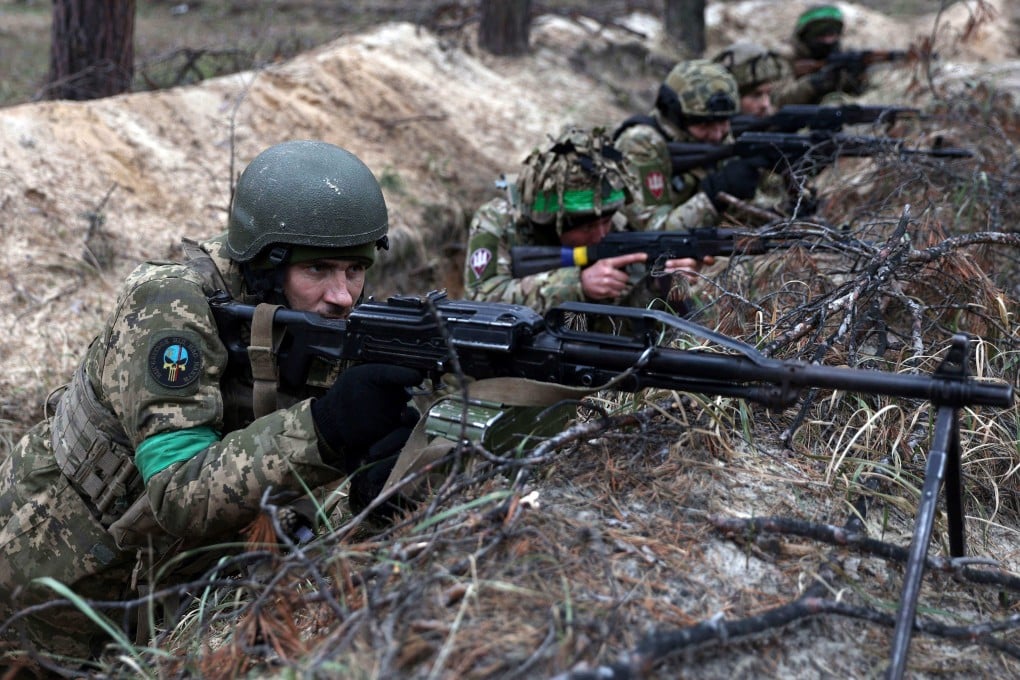Letters | Ukraine war: 3 common mistakes to avoid when learning from history
- Readers discuss the lack of depth and nuance in commentary on history, and why the US should rethink its policy on Taiwan

Three mistakes define historical punditry. The first is seeing the world in black and white, unsurprising given our schooling has historically conditioned us to identify heroes and villains. Yet, in reality, the logic of survival ensures most people and institutions are neither. Accepting this is not to abandon moral judgment, but rather to carefully contrast the world’s various shades of grey.
The second mistake is a lack of nuance regarding unfavourable actors. There is usually a sympathetic logic behind “bad” actions. Ideally, there should be explanation without justification.
The final common mistake is taking analogies too far: keep in mind the maxim, “History never repeats, but often rhymes”.
A good historical analogy is marked by the sharing of analogous aspects. For example, an analogy for the Russo-Ukrainian war should share ideological, cultural, diplomatic, domestic and strategic aspects. A good analogy is the second Sino-Japanese War. (Bad ones include the Great Patriotic War on both sides, the 1939 invasion of Poland and the American invasion of Iraq.)
Both the Russo-Ukrainian war and the Sino-Japanese war had similar ideological justifications (new imperialism/anti-imperialism versus neo-imperialism/capitalism). The Empire of Japan was a territorial empire that believed in Asia for Asians while the Russian Federation seeks the annexation of territory against Nato expansion. Both invaded territories could be seen as puppets.